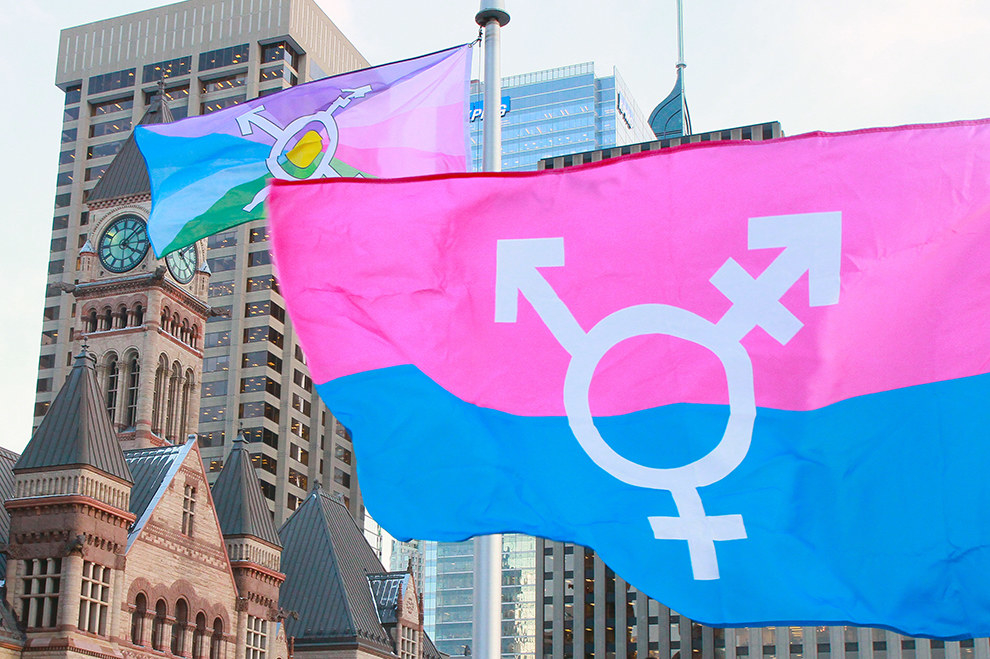Conservative lobby group the Australian Family Association has instructed supporters to tell family and friends that being transgender is like having an eating disorder.

The directive comes after months of anti-trans rhetoric from Australian conservative groups, largely directed at transgender children, as part of a wider effort to close down a government funded anti-bullying program.
In an email sent Thursday night, national president Paul Monagle criticised 60 Minutes and Australian Story for recently running stories on transgender children, and told supporters it is important to comment on such issues to family, friends, politicians, and the media.
Monagle suggested supporters draw inspiration from an op-ed about how being transgender is like having anorexia nervosa, written by social worker Moira Fleming for right-wing US website The Federalist.
"Fleming says that both anorexia or transgendering (sic) are driven by a mismatch between the person’s brain and their body, 'a wrenching awareness of what it feels like to be disconnected from your body, to hate with every fiber of your being the way you look in the mirror…'," the email says.
The excerpts go on to argue that providing medical treatment to transgender people is akin to encouraging a person with anorexia to starve themselves.

Australia's leading paediatrician on transgender issues, Michelle Telfer, told BuzzFeed News that anorexia is a mental illness and being transgender is not.
"The distress that one experiences over gender dysphoria is considered something that needs treatment," she said. "Hence the inclusion of gender dysphoria in the DSM-5."
"If society accepted transgender people for who they are, there wouldn’t be distress."
Leading experts in transgender health, including the World Professional Association for Transgender Health (WPATH) and the Australian and New Zealand Professional Association for Transgender Health (ANZPATH), have strongly warned against gender variance being treated as a pathology or disease.
"The expression of gender characteristics, including identities, that are not stereotypically associated with one’s assigned sex at birth is a common and culturally-diverse human phenomenon which should not be judged as inherently pathological or negative," reads a WPATH statement.
The email from Monagle also links to an article arguing treatment should be withheld from transgender people, who should be counselled into accepting their birth sex instead.
Telfer said there is "no evidence" that counselling to convince transgender people they are their biological sex has been successful. "There is evidence that does harm," she said.
"When we look at altering one's body to match the gender identity of that person, the distress, anxiety, depression, and risk of self-harm and suicide decrease significantly."
Several studies in Australia and around the world have shown that being able to access medical treatment leads to better health outcomes for transgender people.
A 2010 study from LaTrobe University found that without access to medical treatment, 50% of transgender adolescents will self-harm and 28% will attempt suicide.
